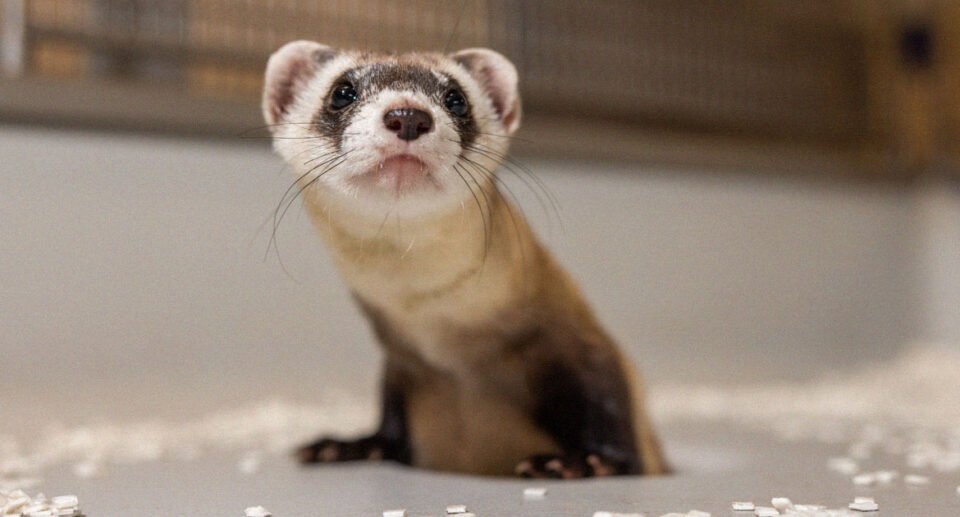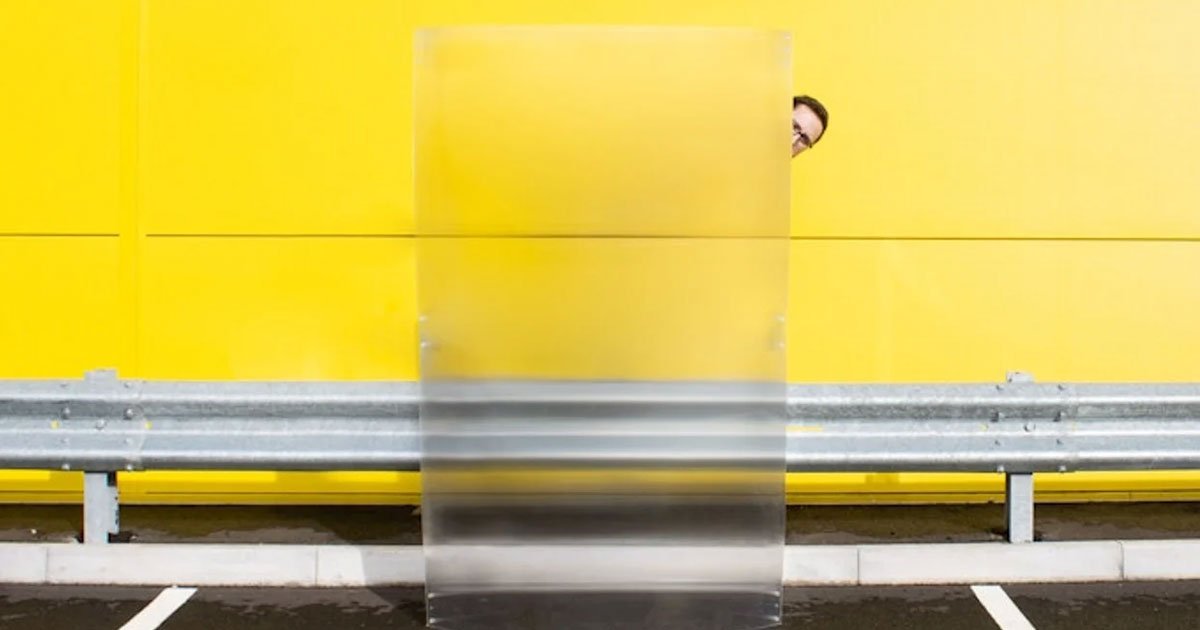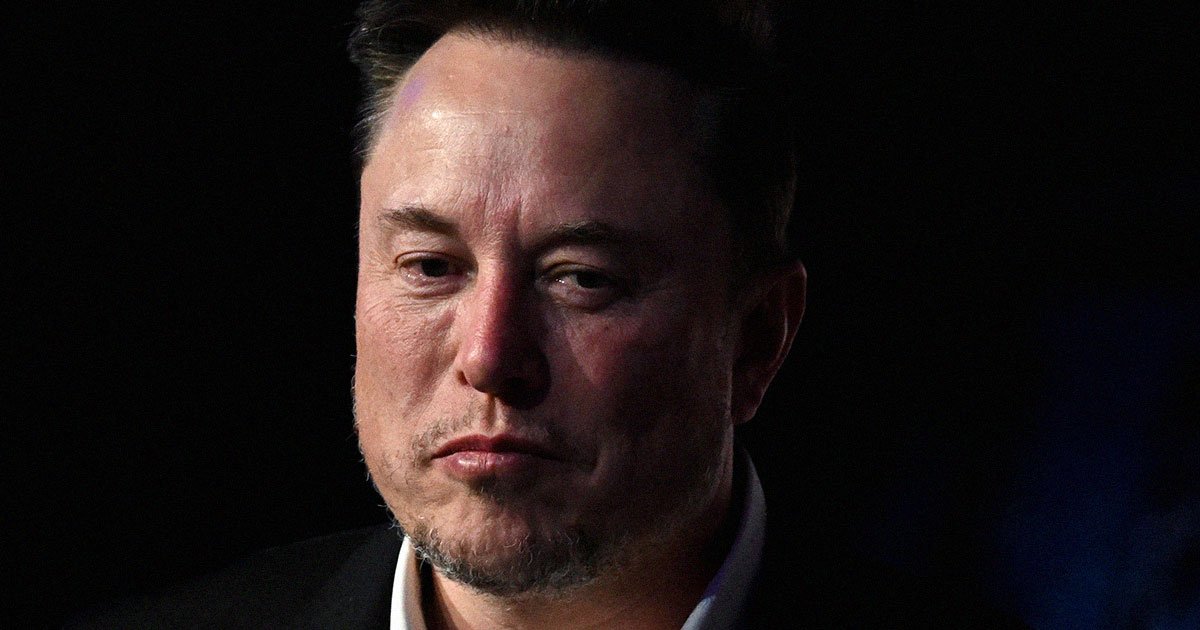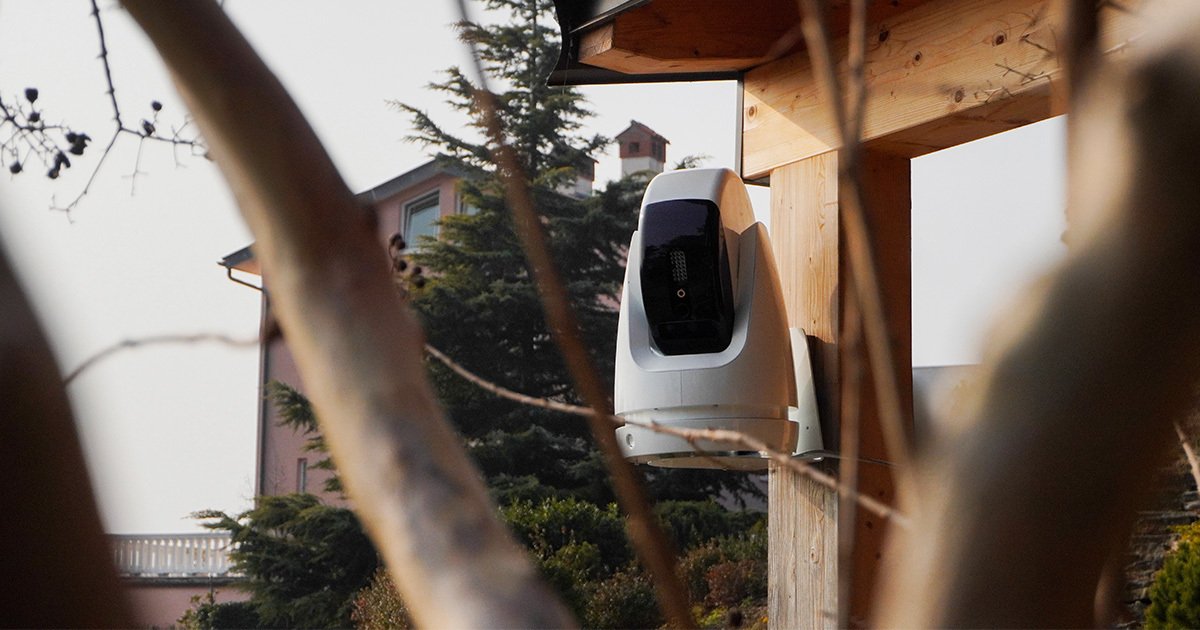Scientists Clone Extremely Endangered Ferret

The cells they were cloned from were frozen in 1988.
Ferret Revival
Scientists have successfully cloned two baby ferrets — christened Noreen and Antonia — from cells that were frozen almost 40 years ago, in a big deal for ongoing efforts to bring back their species from near-extinction.
As The Washington Post reports, the two ferrets were born last year, according to a Wednesday announcement by the US Fish and Wildlife Service. They’re both black-footed ferrets, which remain one of North America’s most endangered mammals.
Per the report, the entire species depends on just seven individual ferret ancestors, an extremely shallow gene pool that could threaten its future existence, especially in the face of climate change.
“Genetic diversity is critical for resilience to environmental change,” Megan Owen, conservation science VP at Diego Zoo Wildlife Alliance, which partnered with the Fish and Wildlife Service for the effort, told the WaPo. “It’s basically the raw material of adaptive evolution.”
Prairie Dog Prey
In an effort to ensure the species’ future, scientists collected cells from a female ferret called Willa in 1988 at the San Diego Zoo Wildlife Alliance. The samples were part of an entire “Frozen Zoo,” which is made up of around 10,000 living cell cultures, sperm, and embryos of almost 1,000 species, including one extinct species of a Hawaiian bird.
Black-footed ferrets have been put through the wringer, suffering from increasing human activity, the spread of diseases, and the eradication of the prairie dog, which makes up an astonishing 90 percent of its diet, per the National Parks Service.
The first attempt to bring the species back using these cells failed back in 2020, after a female that was born didn’t take a liking to other males. Due to other health problems that were reportedly not linked to her being cloned, she was never able to give birth.
Noreen and Antonia, however, which were born just under a year ago, may turn things around. Scientists are hoping to start breeding them later this year, per the WaPo, a glimmer of hope for a species that once called a dozen US states its home.
More on cloning: Man Pleads Guilty to Trying to Clone Giant Sheep









